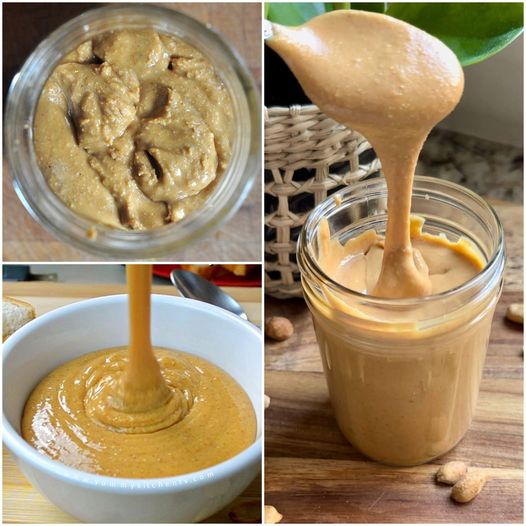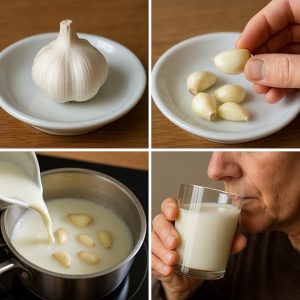
Peanut butter is a popular staple in many households, beloved for its creamy texture and versatile use in everything from sandwiches to smoothies. However, there are some important considerations you should be aware of before making it a regular part of your diet. Here’s a closer look at the potential downsides of consuming peanut butter.
Potential Health Concerns
1. High Caloric Content:
Peanut butter is calorie-dense, with just two tablespoons containing around 190 calories. Consuming it in large quantities can contribute to weight gain if not balanced with other low-calorie foods.
2. Added Sugars and Hydrogenated Oils:
Many commercial brands of peanut butter contain added sugars and hydrogenated oils, which can increase the risk of heart disease, obesity, and other health issues. Always check the ingredient list and opt for natural varieties without these additives.
3. Aflatoxins:
Peanuts can be contaminated with aflatoxins, a type of mold that produces toxic compounds. Long-term exposure to aflatoxins has been linked to liver cancer. While regulations are in place to limit aflatoxin levels in peanut products, it’s still a potential risk to consider.
4. Allergies:
Peanut allergies are common and can be severe, causing reactions such as hives, swelling, and anaphylaxis. Even if you don’t have a peanut allergy, it’s important to be mindful of cross-contamination if you live with or frequently interact with individuals who are allergic.
5. Omega-6 Fatty Acids:
Peanuts are high in omega-6 fatty acids, which, when consumed in excess, can lead to an imbalance with omega-3 fatty acids in the diet. This imbalance can contribute to inflammation and increase the risk of chronic diseases.
Healthier Alternatives
1. Almond Butter:
Almond butter is lower in calories and saturated fat compared to peanut butter and provides a good source of vitamin E, magnesium, and fiber.
2. Sunflower Seed Butter:
This is a great alternative for those with nut allergies. It’s rich in healthy fats, vitamins, and minerals, and has a slightly sweet, nutty flavor.
3. Cashew Butter:
Cashew butter has a creamy texture and mild taste, making it a versatile substitute. It’s high in monounsaturated fats and essential minerals like magnesium and iron.
Tips for Choosing Peanut Butter
Read Labels Carefully:
Opt for brands that list only peanuts and perhaps a small amount of salt as ingredients.
Watch Portion Sizes:
Even with healthier options, it’s important to control your portions to avoid excessive calorie intake.
Store Properly:
Natural peanut butter can separate, so be sure to stir it well before use and store it in the refrigerator to maintain freshness and prevent oil separation.
Conclusion
While peanut butter can be part of a healthy diet when consumed in moderation, it’s important to be aware of the potential risks associated with its consumption. Consider healthier alternatives and always opt for natural varieties without added sugars and hydrogenated oils. By making informed choices, you can enjoy the benefits of nut and seed butters without compromising your health.





